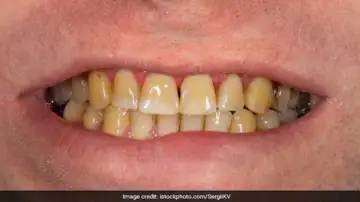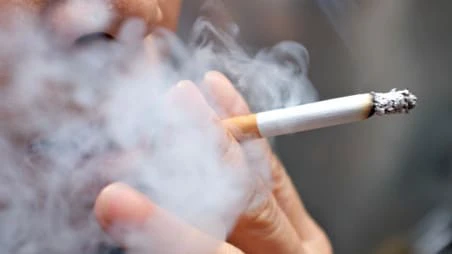Most people relate health issues caused by to issues like heart disease, lung issues, etc. While they are right, there is another organ that is directly impacted by smoking-your mouth.
Decades of show that cigarettes, smokeless tobacco, hookah and other tobacco products increase the risk of tooth decay, gym diseases, delayed healing after dental procedures, tooth loss and even oral cancers. These are not just cosmetic problems and can impact your everyday life. Let’s discuss how smoking affects your oral health, why oral hygiene is important in smokers and tips to improve your oral hygiene.
How does smoking harm teeth and gums?
- Tobacco smoke contains thousands of chemicals which can damage gum tissue and bone that holds teeth.
- reduces saliva flow and changes its protective quality. Saliva helps wash away food, neutralises acids and helps prevent cavities.
- Smoking blunts local immune response in gums and shifts the mouth’s bacterial balance toward species that cause gum disease and cavities.
- heal more slowly after extractions, implants or gum surgery and are more likely to face complications and treatment failure.
- Tobacco is a leading cause of cancers of the mouth, tongue and throat.
Why does oral hygiene matter for smokers?
Good oral hygiene can’t remove all the risk that tobacco creates only quitting can do that. However, it reduces the burden of bacteria, lessens inflammation and improves the odds that dental treatments work. Hence, hygiene is harm-reduction which does not make smoking safe but makes your mouth far less hostile.
 Photo Credit: iStock
Photo Credit: iStock
What hygiene tips should smokers follow?
1. Brush twice daily with a fluoride toothpaste
It is important to brush for 2 minutes each time, use gentle strokes and cover all ground (inside, outside and top of all the teeth). Fluoride strengthens enamel and helps prevent cavities which are very common in smokers.
2. Floss daily
Smoking increases plaque and calculus between teeth. Floss removes the sticky film where gum disease starts. If floss is hard for you, interdental brushes are a good alternative.
3. Alcohol-free mouthwash
Alcohol-based rinses can dry the mouth further more. So, opt for alcohol-free formulas that contains either fluoride or an antiseptic as they help manage cavities and bacteria respectively.
4. Stay hydrated
Drinking water stimulates saliva and washes away food and sugars. For smokers which have dryer mouths, this simple habit cuts cavity and bad-breath risk.
5. See your dentist every 6 months
Dentists can detect early gum disease, suspicious patches that need biopsy and treat problems before they escalate. Tell your dentist you smoke as it changes how they monitor and treat you.
6. Get professional cleanings
Smokers accumulate calculus faster. Professional cleaning removes hardened deposits that brushing can’t reach and lowers inflammation.
7. Plan for quitting
Hygiene helps short term, but quitting reverses many risks. Use nicotine replacement, behavioural support or medical help, quitting is the single best thing you can do for oral and overall health. Some nicotine replacement options are safer for the mouth than continued smoking and can help dental healing.
Smoking is common and can greatly magnify oral cancer risk. Quitting tobacco is the best way to avoid mouth-related issues as well as other chronic diseases. WHO and national guidelines highlight these risks and screening importance.
References
Effects of tobacco product use on oral health and the role of oral healthcare providers, NCBI – 2023.
Tobacco Use and Oral Health Facts, Centers for Disease Control and Prevention (CDC) – 2024.
Oral health (fact sheet), World Health Organization (WHO) – 2025.
Correlation between tobacco smoking and dental caries, NIH – 2019.
Periodontal Disease and Smoking: Systematic Review, NCBI – 2023.
How Tobacco Use Affects Oral Health, U.S. Food and Drug Administration (FDA) – 2024.
